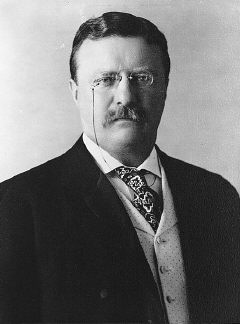Cameron's blockbuster half-tells a story we would all prefer to forget
By George Monbiot
The butchery hasn't yet ended: last month the Guardian reported that Brazilian ranchers in the western Amazon, having slaughtered all the rest, tried to kill the last surviving member of a forest tribe. Yet the greatest acts of genocide in history scarcely ruffle our collective conscience. Perhaps this is what would have happened had the Nazis won the second world war: the Holocaust would have been denied, excused or minimised in the same way, even as it continued. The people of the nations responsible--Spain, Britain, the US and others--will tolerate no comparisons, but the final solutions pursued in the Americas were far more successful. Those who commissioned or endorsed them remain national or religious heroes. Those who seek to prompt our memories are ignored or condemned.
This is why the right hates Avatar. In the neocon Weekly Standard, John Podhoretz complains that the film resembles a "revisionist western" in which "the Indians became the good guys and the Americans the bad guys." He says it asks the audience "to root for the defeat of American soldiers at the hands of an insurgency." Insurgency is an interesting word for an attempt to resist invasion: insurgent, like savage, is what you call someone who has something you want.
I guess the right hates Avatar because so many people are seeing its message. Unfortunately, that message is too black and white, too painfully obvious, to change many minds. It's like putting horns on Columbus or Hitler's mustache on Bush. It may feel good, but it's not a rational argument.
Despite its gee-whiz special effects, liberals dislike Avatar because it's a waste of $300 million. James Cameron could've made a convincing science-fiction story about the pitfalls and perils of colonialism. Instead he made a CGI version of FernGully for today's 12-year-olds. If it changes one adult mind about environmental awareness or multicultural tolerance, I'll be surprised.
For more on the subject, see The White Messiah Fable and Monotheism vs. Pantheism in Avatar.
Below: "Bully for the Marines in Avatar. Bully!"


1 comment:
Avatar Plot Fail: Disney's Pocahontas
Post a Comment